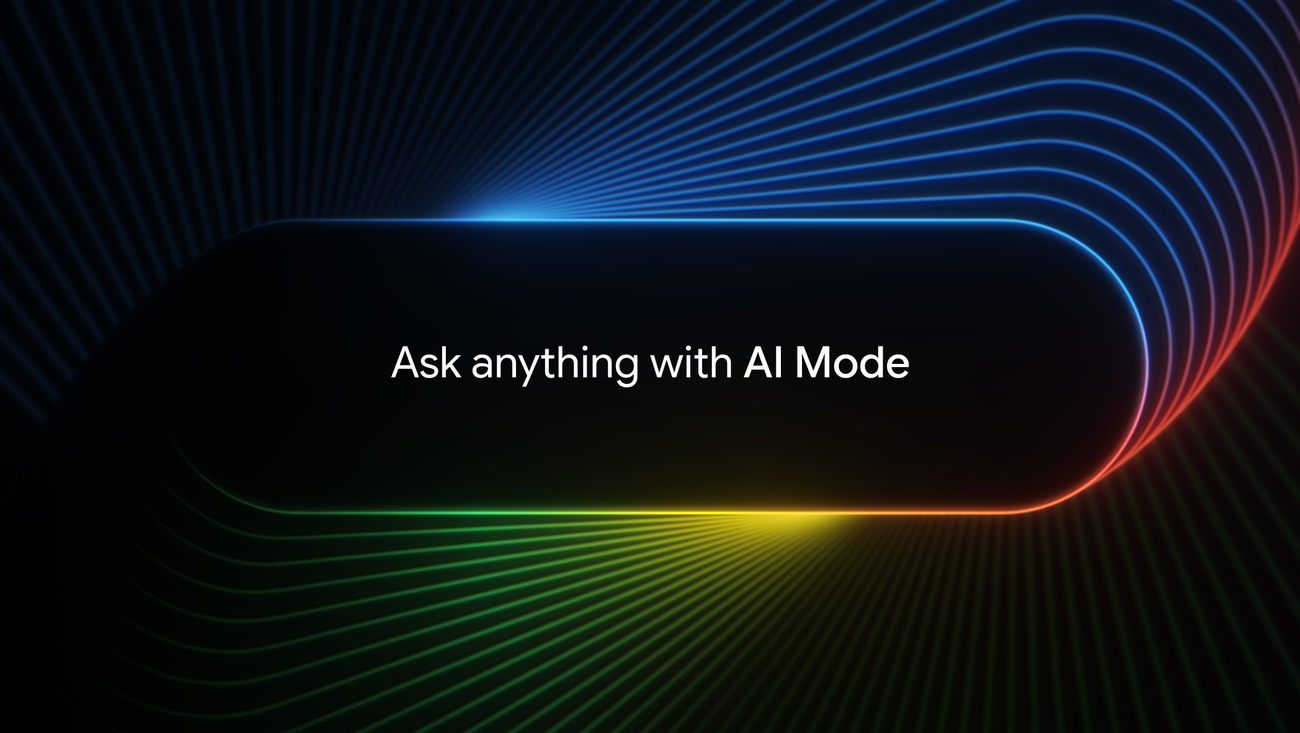
Google’s conversational artificial intelligence (AI) search tool, “AI Mode“, arrived in the UK this week, sparking warnings from publishers that it could ‘destroy the open web’ by keeping users away from websites.
The new tool uses Google’s Gemini 2.5 model to generate article-like responses instead of showing lists of website links. Users can access AI Mode through a new tab on Google’s search results page or via the Google app on mobile devices.
Users can ask specific questions like finding pet-friendly carpet cleaners or planning weekend activities in Edinburgh. The feature supports text, voice, and image inputs for asking questions.
“People are going to use these technologies to unlock newer information-seeking journeys,” said Hema Budaraju, Google’s Vice President of Product Management for Search, in a BBC interview. “These kinds of questions didn’t happen before.”
Britain becomes the third country to receive AI Mode, following launches in the United States in May and India in June.
However, this change might concern website owners and publishers in terms of web traffic. Research from the Pew Research Center shows users click on links 50% less when AI summaries appear at the top of search results.
“If Google makes AI Mode the default in its current form, it’s going to have a devastating impact on the internet,” said Lily Ray from marketing firm Amsive. She warned it could hurt millions of content creators who need search traffic to make money.
The Daily Mail says its clicks from Google searches have dropped 50% since AI features launched. Data shows 60% of Google searches now end without people visiting any websites.
Google defends the technology, saying it sends “billions of clicks to websites” daily and creates “new opportunities for content discovery.” The company claims users visit “a greater diversity of websites” through AI features, though it hasn’t provided supporting data.
Business owners also worry about lost advertising revenue. Traditional Google search allows companies to pay for prominent placement in results lists. Google hasn’t finalized how advertising will work within AI Mode responses.
“Google wrote the rules, they created the game and they rewarded the players,” said Gisele Navarro from product review site HouseFresh. “Now they’re turning around saying, ‘That’s my infrastructure.’ It’s going to destroy the open web.”
For now, AI Mode stays optional. Users can choose between regular search results and AI conversations. Still, it’s worth keeping an eye on, as Google executives have described it as “the future of Google Search” and “a total reimagining of Search.”
The rollout excludes the European Union due to regulatory constraints. Environmental concerns also surround the technology, as AI systems require significant energy and water resources in data centers.
The change reflects how people increasingly use AI chatbots like ChatGPT to find information. Google found users tend to ask questions two to three times longer when using AI Mode compared to regular searches.
Google processes five trillion searches each year, making even optional features potentially significant for how people access information online.
The rollout continues across the UK this week through Google’s website and mobile applications.






















